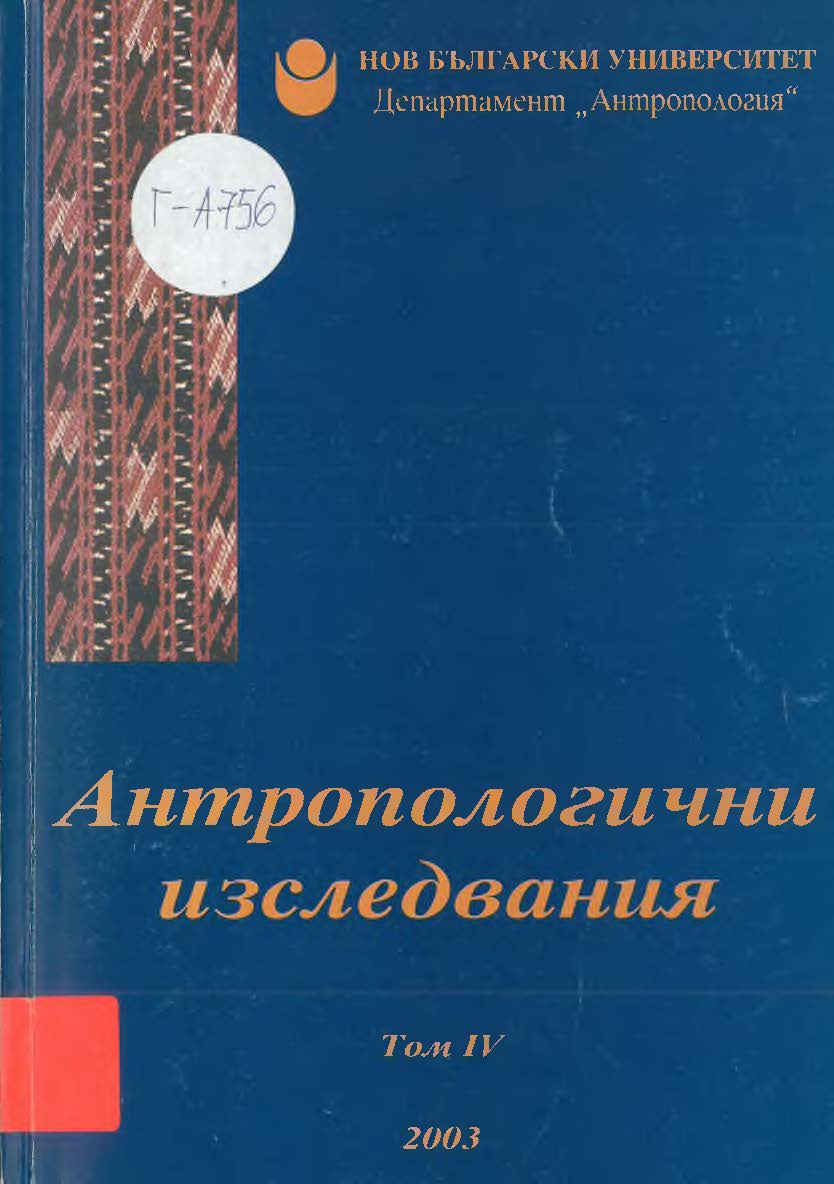Местни икономически идеи и западни теории. Случаят нзема
Local Economic Ideas and Western Theories. The Nzema Case
Author(s): Mariano PavanelloSubject(s): Anthropology, Communication studies
Published by: Нов български университет
Keywords: monetarization; kinship ideology;
Summary/Abstract: As an extended process the monetarization of economics is interwoven with firmly established ideology of kinship functioning for a long time. The anthropological theory defines the kinship ideology as a pillar of the relations of production in the societies with self-subsistent economy. The purpose of the proposed paper is to show that the monetarization of economics in the region of the linguistic community of Akan has developed in an ideologically favorable setting.Analyzing the economic sphere and the political and legal relations concerning the management of the land and the wealth, a clear conceptual frame called theory is revealed. It is based on three concepts. The first concerns the genealogical continuity related to the growth of wealth. The second concerns the necessary relation between the land, azjlj and the labor gyima as a source of rights and at the same time of economic and political reason. The third idea is related to the fathers-sons unity as strategic concentration of the male domination and the power dynamics in the matrilineal society Akan. These three ideas form a coherent system of thinking supported by a net of concepts of high abstract level but with unclear and subtle characteristics.In the local theory the individual is the basis of the labor while the basis of the capital is the family in its double sense of matrilineal relations and of the relation father-son. In a sense the economic thought of Nzema is an ethic theory of utility which combines individual profit and the family interest in the rearrangement of the capital, represented by groups of inheriting in descending line.
Journal: Антропологични изследвания
- Issue Year: IV/2003
- Issue No: 1
- Page Range: 99-114
- Page Count: 16
- Language: Bulgarian
- Content File-PDF

